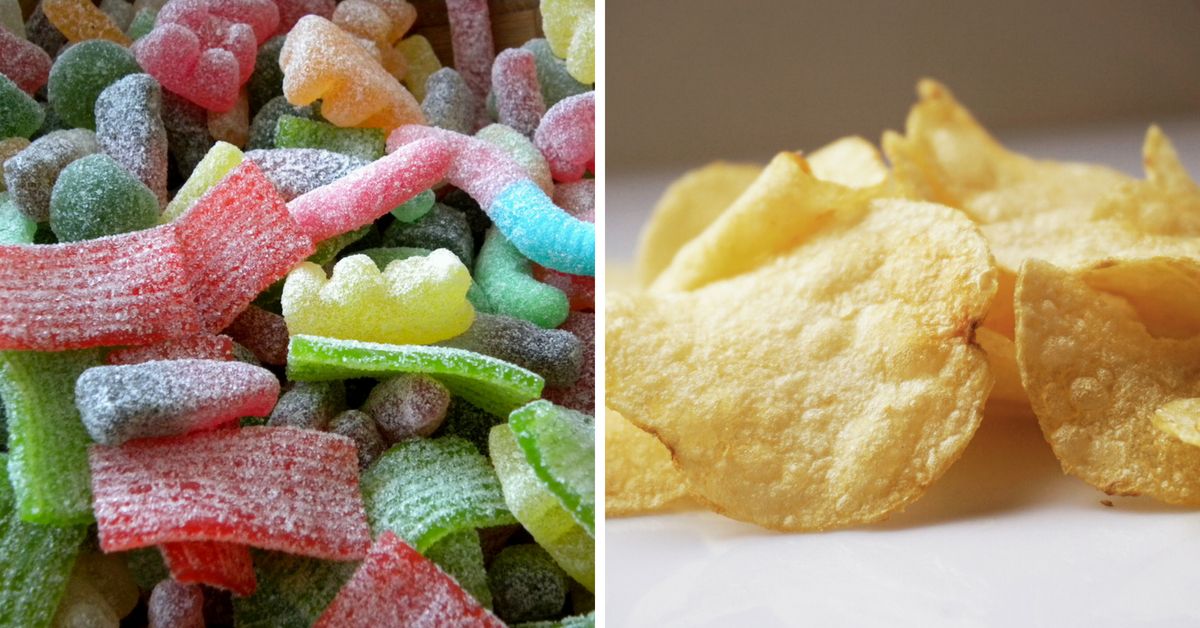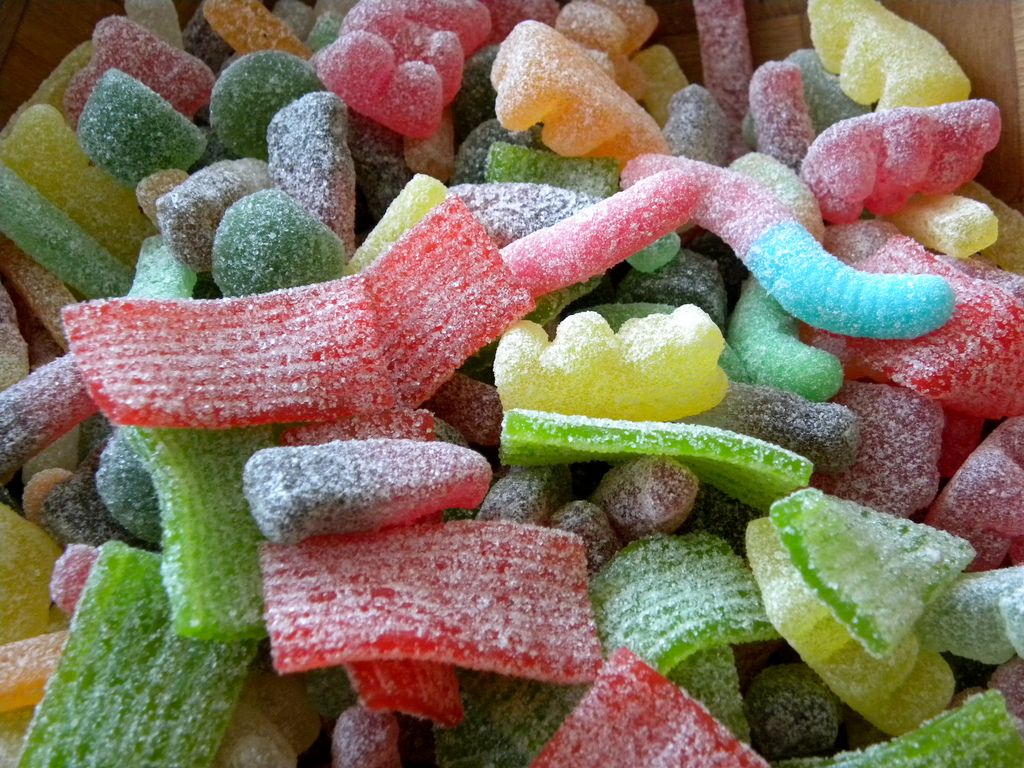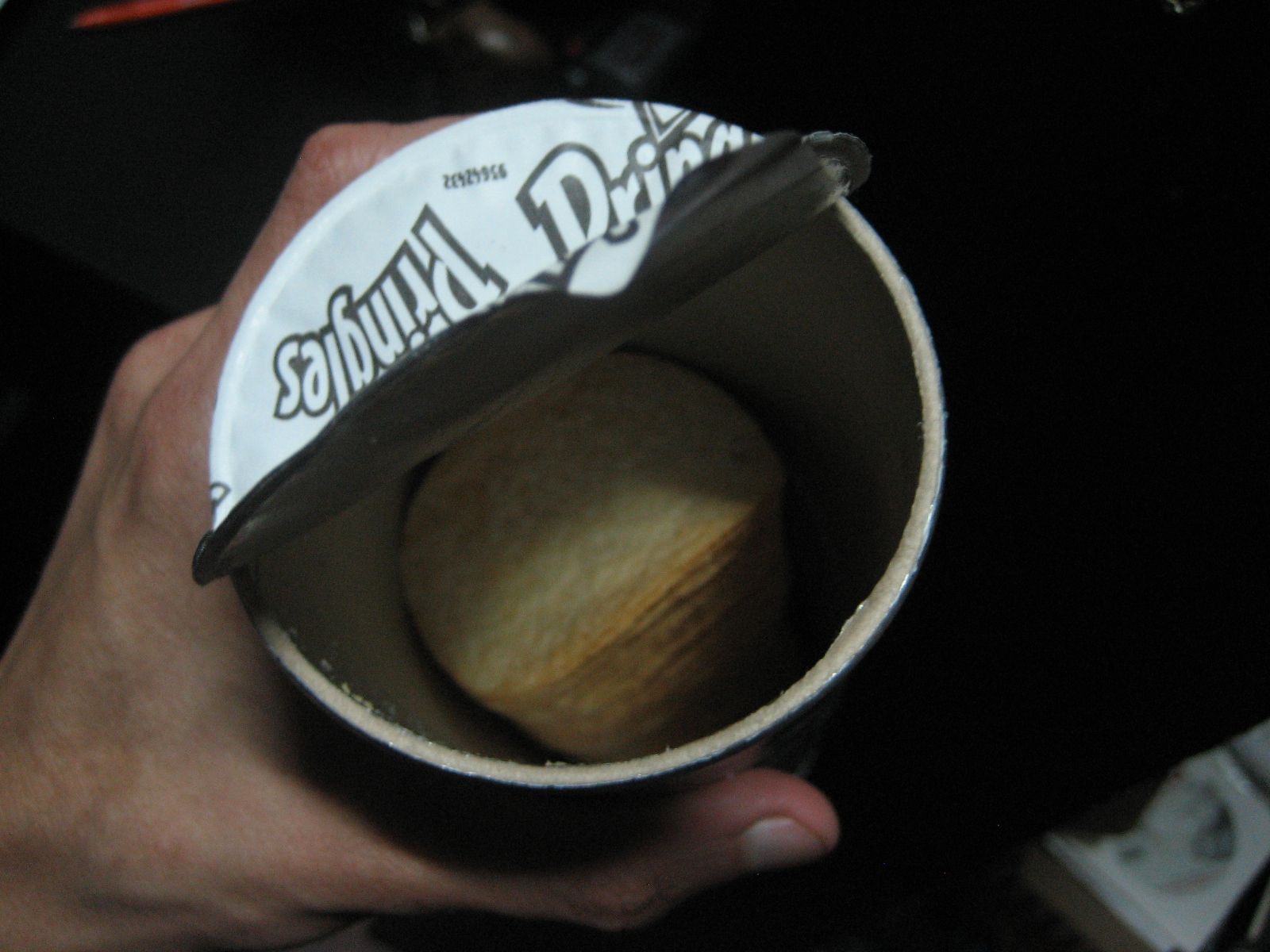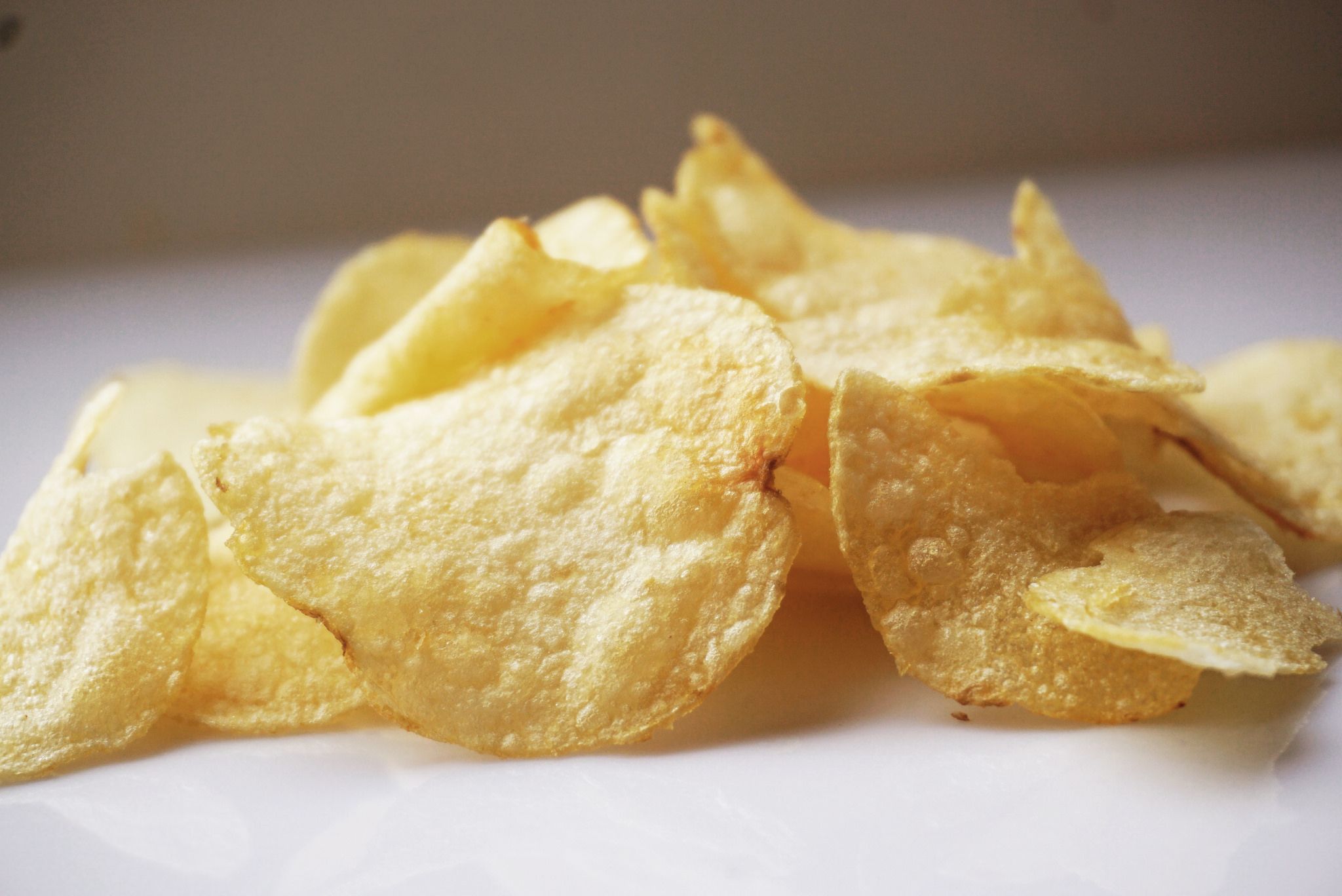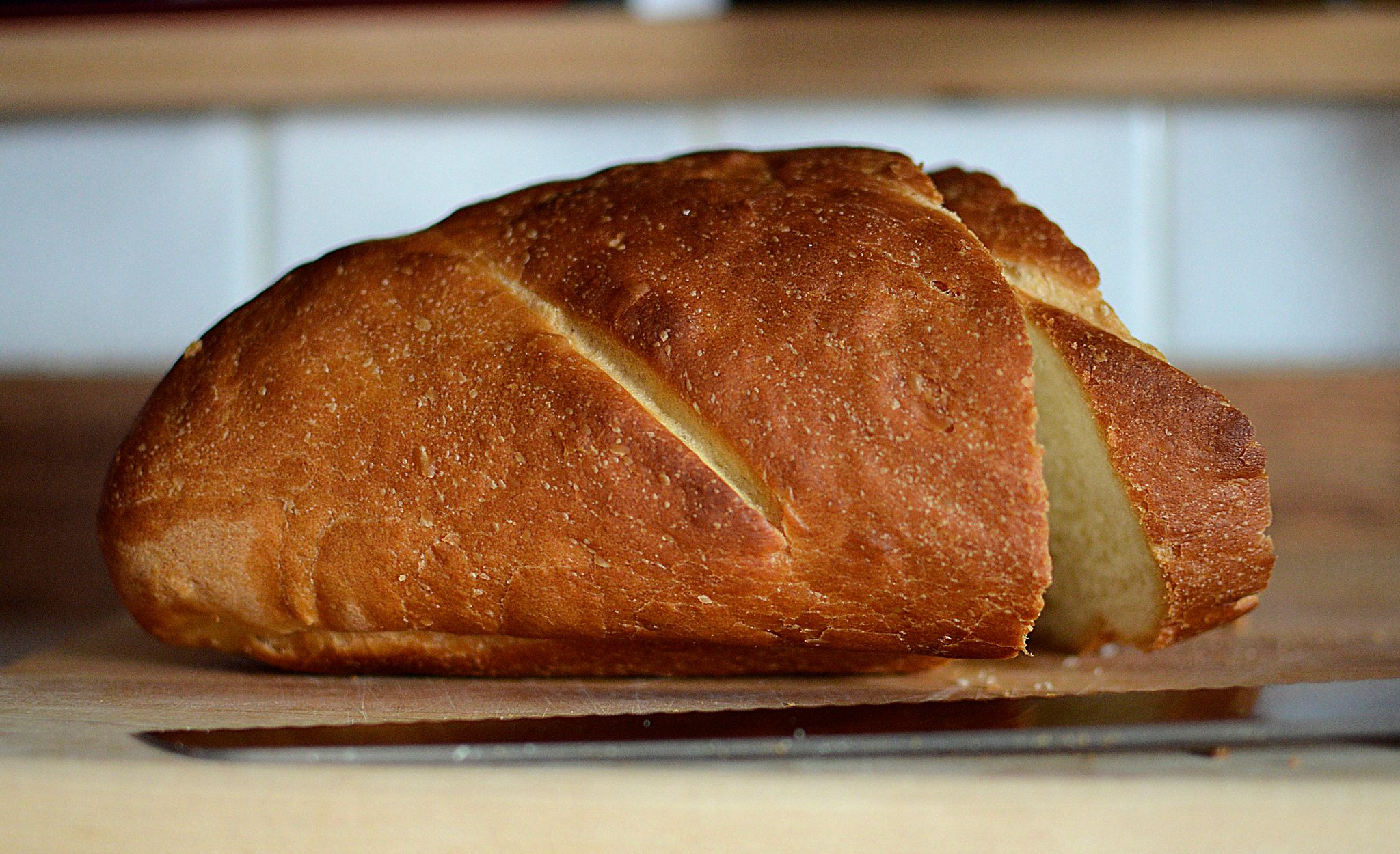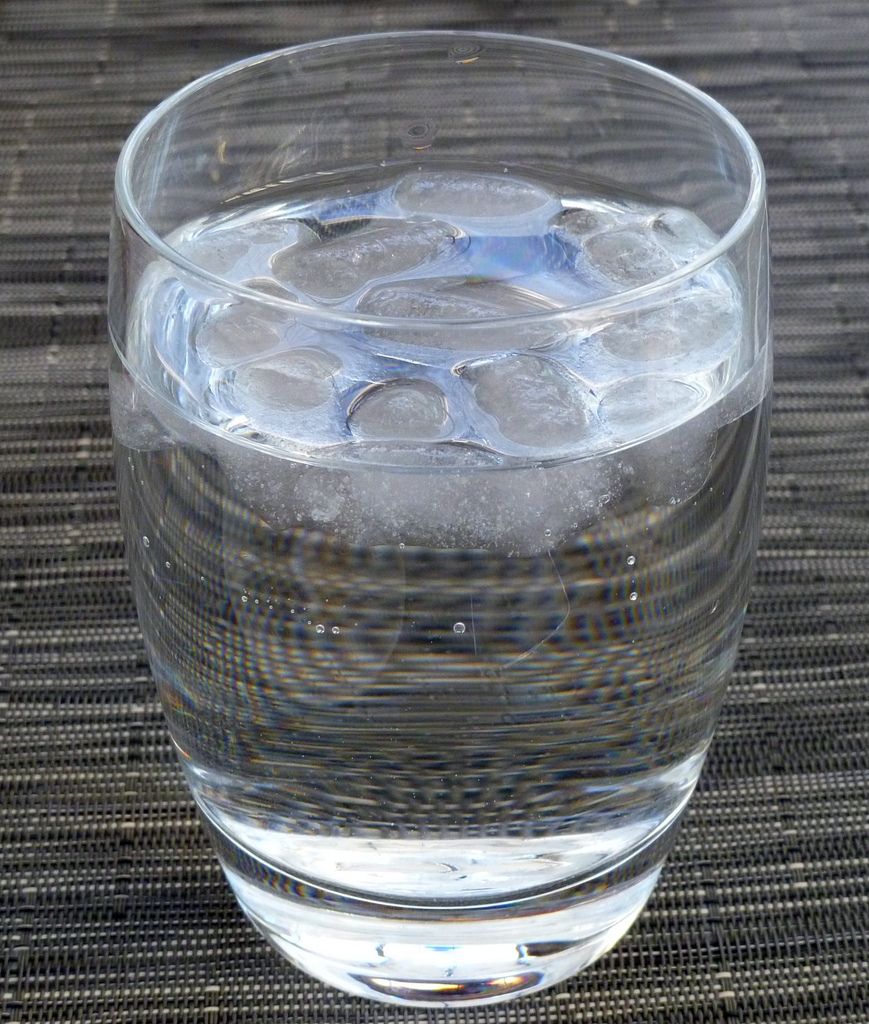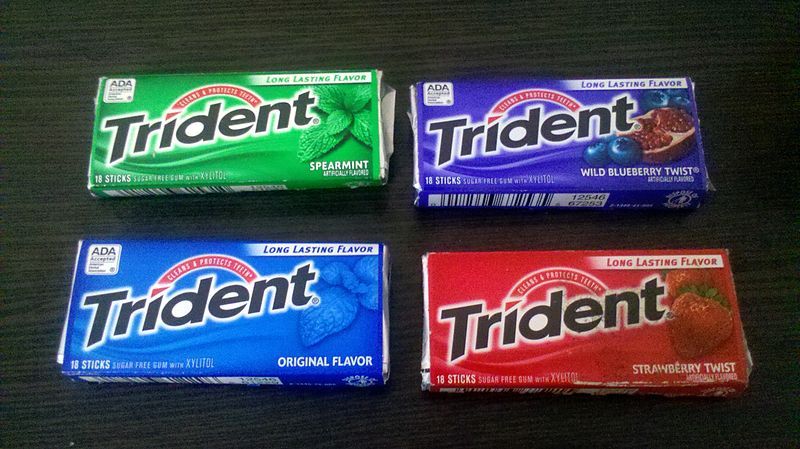I've been very lucky not to have any cavities in my lifetime, which I like to attribute to both genetics and my general disinterest in candy. If it's in front of me, I'll eat it. But I don't seek out sugary snacks on my own.
But apparently, even though I avoid candy, my snack of choice could still be putting me at risk for cavities. That snack? Potato chips, and carbohydrates in general.
That's right. Starchy, refined carbohydrates are doing the same amount of damage to your teeth as a pack of gummy bears, you just don't realize it. According to Delta Dental, foods like chips, bread, pasta, or even crackers can cause the production of acid in your mouth, which ends up causing cavities.
When simple carbohydrates, which is what starches are made from, enter your mouth, they tend to linger. They eventually break down into simple sugars and promote the production of acid. The acid causes tooth decay, which then causes cavities.
Paxton Dental Care acknowledges that you can't just cut carbs out of your life completely, but there are some ways to make the affects less harsh.
1. Avoid "Sticky" Carbs
Carbs that stick to your teeth, like potato chips or crackers, are the worst culprits for bacteria and acid. Because the food lingers on your teeth, there's a longer opportunity for erosion.
2. Rinse or Floss
After you've eaten a carb-heavy meal, try and floss soon after. If you aren't able to floss, then rinse your mouth with some water (not juice or soda) so your teeth aren't coated with carbs.
Do not brush your teeth immediately after eating, though, as it can make the acid worse on your teeth.
3. Chew Gum
It may sound unappealing to chew gum after eating a bag of chips or a bowl of pasta, but it will help. Chewing gum increases the production of saliva in your mouth, which then neutralizes the acid that is also being produced.
4. Once Per Day
It's recommended that you eat all you carbs in one sitting as a way to limit your mouth to the exposure of acid. Try and choose one meal as your "carb" meal and then floss or rinse right after.
In the end, there's no sure-fire way to stop cavities from happening, but you can definitely do your part to prevent them!
